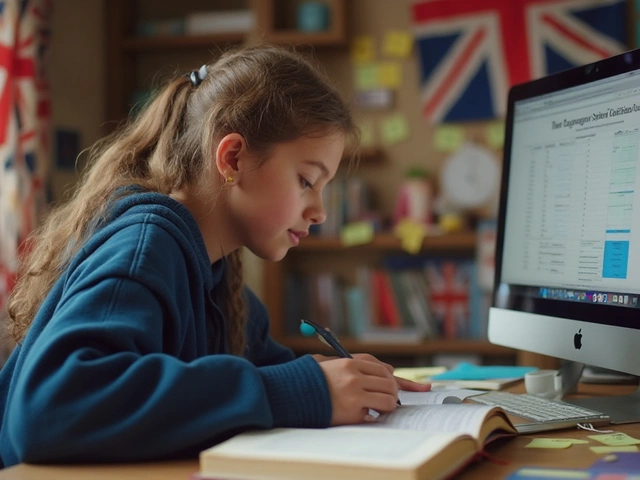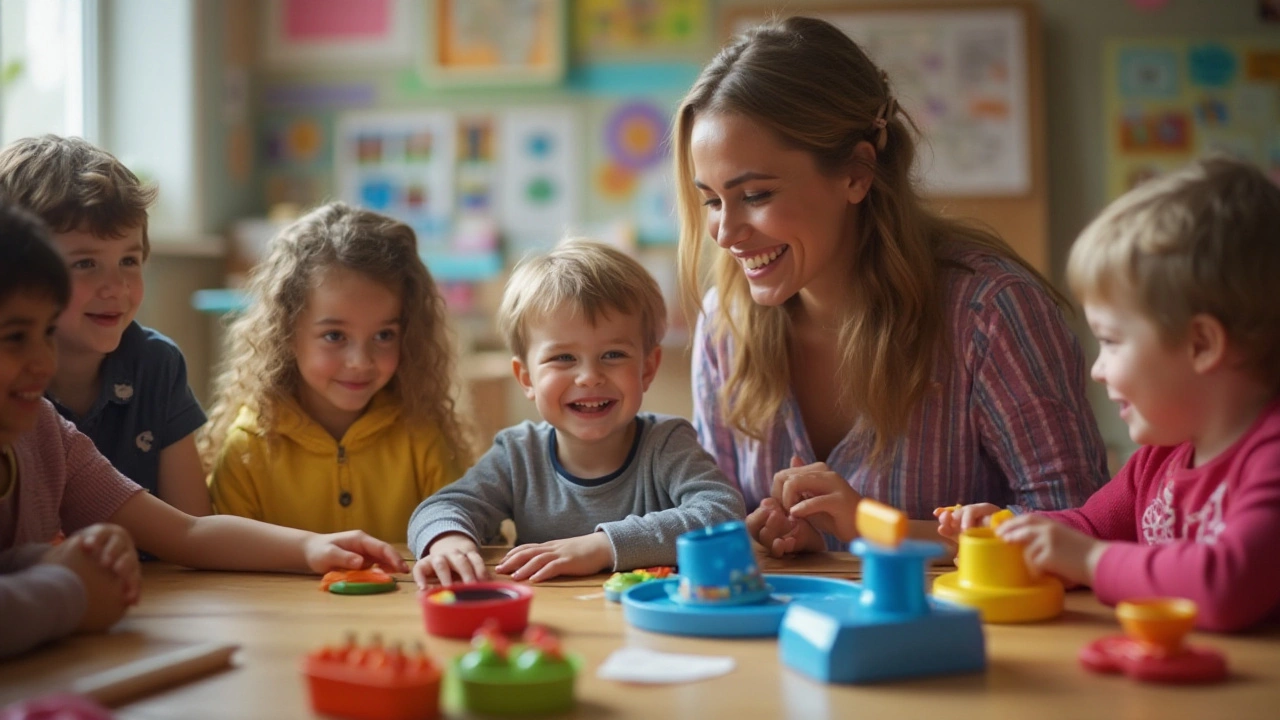Early Education Resources – Practical Tips for Teachers and Parents
Starting out in early education can feel overwhelming, but you don’t have to figure it all out alone. In this guide you’ll get straight‑forward advice on classroom tricks, supporting special‑needs learners, and making homeschooling work for your family.
Why Early Education Matters
Kids absorb language, habits and confidence during the first few years. A solid foundation boosts later academic success and social skills. That’s why simple, consistent routines and engaging activities are worth the effort. When you pair clear expectations with fun, children stay motivated and learn faster.
Special‑needs children often need extra scaffolding, but the core ideas stay the same – clear instructions, visual cues, and lots of praise. Even a quick 5‑minute check‑in each day can make a huge difference in behavior and confidence.
Top Resources on Early Education
Below are some of the most useful posts on our site that tackle real‑world challenges you’ll face:
Autism Mannerisms: Understanding Unique Behaviors and Communication – Learn what stimming looks like, why it happens, and how to respond with empathy.
Practical Strategies for Supporting Children with Special Needs – Hands‑on classroom tips, communication hacks, and support plans you can start using today.
Fastest Teacher Training Program: Quick Pathways to Start Teaching – If you’re considering a fast route into early‑year teaching, this breaks down accelerated options.
Is Homeschooling Worth It? Here’s What You Need to Know – A balanced look at pros, cons, and daily realities of teaching at home.
First‑Time Tutor Guide: How to Tutor Effectively for Beginners – Simple steps to help you coach a youngster on reading, math, or social skills.
Each article is written in plain language and packed with actionable steps, so you can try something new right after you finish reading.
Remember, early education isn’t about perfection; it’s about consistency and a love of learning. Start small – pick one tip, apply it for a week, and see how the kids respond. Then add another. Over time you’ll build a classroom or home environment where every child feels safe, supported, and ready to explore.
Got a specific challenge? Use the search bar to find more niche topics like nutrition before exams, memory tricks for youngsters, or how to manage dress codes in primary schools. Our goal is to give you the tools you need without the jargon.
Ready to make a difference in the lives of young learners? Dive into the articles, test the strategies, and watch confidence grow – one lesson at a time.







